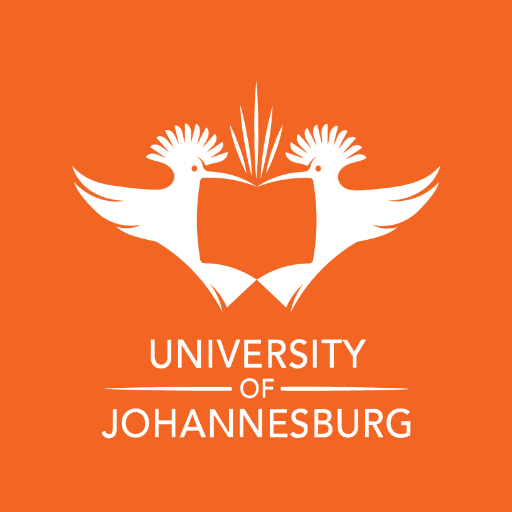References
Home » Teaching and Learning » ADC » Writing Centre »
References
Some key theories underpinning the work of the Writing Centre
- Social constructivism: students interact collaboratively with writing consultants to explore content knowledge, make sense of academic texts, and review prior learning.
- Vygotsky’s Zone of Proximal Development (ZPD): writing consultants, acting as more knowledgeable others (MKOs), provide students with the necessary guidance and support that enable them to perform tasks that they would not be capable of achieving on their own.
- Process Theory of Composition: This theory foregrounds writing consultants’ role of assisting students to elaborate tactics that enable them to navigate the following stages of the writing process: prewriting, drafting, revising, and editing.
- Genre Theory: This theory holds that writing is shaped by unique genres that have their specific conventions and requirements. Therefore, the role of writing consultants is to help students to comprehend these requirements and conventions and familiarise themselves with the various writing types (academic essays, reports, research proposals, dissertations/theses).
- Motivation Theory: according to this theory, writing consultants’ ability to create a conducive and motivating environment is key to supporting students in achieving their goals.
- Rhetorical Theory: this theory views writing as a form of communication directed at a given audience. Thus, the role of a writing consultant is to assist students in determining their writing context, audience and aim so that they can align their content and form so that they can communicate their message in the most efficient way.
- Writing Center as a Third Space: This theory views the writing centre as a neutral playground where students and writing consultants cooperate outside the formal classroom environment. The writing centre space fosters exploration and open exchange of ideas.
- Reader-Response Theory: This theory stresses the function of the reader in analysing and making sense of a text. Consequently, the duty of writing consultants is to help students be mindful of their readers’ knowledge and views and align their writing with these.
- Cognitive Load Theory: This theory holds that students’ cognitive and learning capacity is maximised when writing consultants provide focused and chunked feedback that prevents excess.
- Reflective Practice: this theory emphasises the imperative for writing consultants to reflect on their practice and improve their approaches and strategies to ensure enhanced assistance to students.
- Cultural-Historical Activity Theory: This theory considers how cultural and historical contexts influence learning and development. Writing center tutors can be sensitive to writers’ cultural backgrounds, experiences, and language differences, providing a more inclusive and supportive
- Multiliteracies: This theory recognizes that writing involves more than just text. It encompasses different forms of communication, such as visual elements, digital media, and multimedia. Writing center tutors can help writers develop skills in various literacies and adapt to diverse writing contexts.
- Cultural Competence: Writing center tutors should be culturally competent and aware of the diverse backgrounds and experiences of writers. Understanding cultural differences can help tutors provide more inclusive and supportive assistance.
- Cognitive Theory: This theory focuses on how writers process information, organize thoughts, and solve problems during the writing process. Writing center tutors can use cognitive strategies to help writers improve their planning, comprehension, and revision skills.
- Writing Across the Curriculum (WAC): The WAC approach emphasizes the integration of writing instruction across different academic disciplines. Writing center tutors can work with writers from various fields, understanding the specific conventions and expectations of each discipline.
